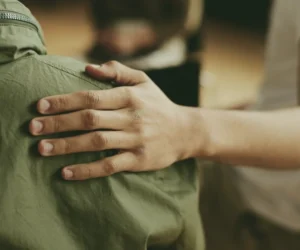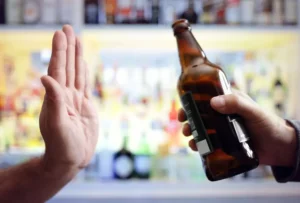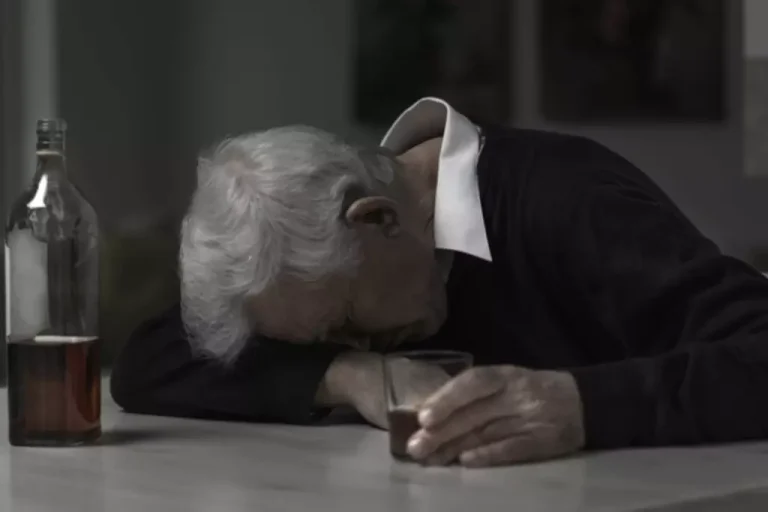
(Remember 3 hours before bedtime rule?) As we mentioned earlier, it’s more the kind of foods you choose and their quantities. Eating a modest portion of nutrient-rich foods before bedtime can be helpful for certain people. We mean those who experience nighttime hunger or low blood sugar levels. A 2020 review examined 83 studies (a total of 6,703 participants) and found that 55 of those studies reported negative experiences related to meditation practices.

Disrupts the Sleep Cycle
There are also some relapse-prevention medications that can help promote sleep. Insomnia is also common among people who have an alcohol use disorder, but the problem can persist or even begin during recovery. However, it is also important to note that many people experiencing insomnia during withdrawal and recovery also had insomnia before they became dependent on alcohol. https://ecosoberhouse.com/ Many people who are recovering from alcohol use disorders had sleep problems that predated their alcohol dependence. Simply cutting back or giving up alcohol or other drugs can be enough to reverse the negative impacts on your sleep (and can greatly improve your health overall). Sure, that nightcap, last glass of wine or beer before bed may help you feel sleepy.
Reduces REM Sleep
In a 2018 study, researchers found that alcohol increases this risk by 25%. If a person chooses to consume alcohol, drinking in moderation several hours before bed is the best practice for avoiding sleep disturbances. People with insomnia may have difficulty falling asleep or keep waking up during the night.

Alcohol & Sleep Apnea
If you’re regularly drinking alcohol to help you fall asleep, particularly if you have insomnia, it’ll probably make your sleep problem worse. Moderate alcohol consumption lowered restorative sleep quality by 24 percent, and high alcohol intake by as much as 39.2 percent. After a few drinks, these increased adenosine levels send us into a deep sleep.
Alcohol can lead to frequent urination at night
- The scientists examined the participants’ first 3 hours of sleep after drinking alcohol.
- These experiences create a strong emotional link between alcohol and happiness.
- After a night of drinking, you may enter a deeper sleep than usual as soon as you fall asleep and spend less time in REM sleep.
- Even when you don’t drink booze, waking up mid-snooze is totally normal and expected—people can wake up two to three times during sleep.
- However, much of the research on these topics has been preliminary or not scientifically rigorous.
Long-established research shows the body metabolizes alcohol differently at different times of day. Studies have shown the body is more effective at processing alcohol at certain times of the day than others. Lindsay Modglin is a nurse and professional writer who regularly writes about complex medical topics, as well as travel and the great outdoors. She holds a professional certificate in scientific writing from Stanford University School of Medicine and has contributed to many major publications including Insider and Verywell.

How Does Alcohol Affect Your Sleep?
- Melatonin is the hormone that helps regulate our circadian rhythm, known as the sleep-wake cycle.
- It can make you sleepy and decrease sleep onset latency, which is the time it takes to fall asleep.
- To date, federal agencies like the National Institutes of Health have shown no interest in exclusively funding these studies on alcohol.
- If you experience strong resistance to any of the above steps, it’s worth getting curious about the role of alcohol in your life, and whether this is how you want to live.
- Heavy drinking can make the sleep- and circadian rhythm-disrupting effects of alcohol worse.
“If you experience insomnia, mood imbalances and other brain symptoms, it may be best to cut back alcohol intake overall,” Dr. Scheller adds. “Many people find that while it initially seems difficult to break the habit of using alcohol to induce sleep, they soon adjust and experience better sleep and energy overall,” she continues. If left untreated, chronic sleep apnea can drastically impact your quality of life and lead to serious health concerns, such as weight gain and obesity, hypertension, stroke, memory impairment and heart failure. Alcohol further increases the effects of sleep apnea by relaxing the muscles in the throat, collapsing the upper airway and lowering oxygen levels. This not only worsens pre-existing sleep apnea but may also lead to episodes of sleep apnea in individuals who previously did not experience it. The typical sleep cycle begins with three non-rapid eye movement (NREM) stages of sleep and ends with rapid eye movement (REM).
- If you’re planning on heading out for a night that will involve some drinks, there are some things you can do to help you sleep afterward.
- Usually, your brain releases anti-diuretic hormone as needed to tell your kidneys to hold onto water.
- The circadian rhythm is your body’s internal clock, which helps you feel awake during daylight hours and sleepy at night.
How Should I Change My Drinking Habits to Sleep Better?
Very often cutting out alcohol can lead to a significant decrease in your overall anxiety. But if you are more than a “one and done” drinker, or are worried that alcohol is affecting your well-being and health, it’s worth looking at how it is affecting you. Moderate alcohol consumption is considered having two drinks or less per day for men and does alcohol help you sleep one drink (or less) per day for women, according to the Centers for Disease Control and Prevention. The more you drink in one sitting, the longer it can take for your body to metabolise that alcohol, which is why moderate drinking matters. Research even suggests that drinking alcohol slower can offset or delay the beverage’s sedative effect.
- The term “meditation” refers to a variety of practices that focus on mind and body integration and are used to calm the mind and enhance overall well-being.
- Identify when you will most want a drink, and think about what you could do instead.
- Consuming alcohol regularly before bed can also make it more difficult to sleep, according to a 2016 study in the journal Drug and Alcohol Dependence.